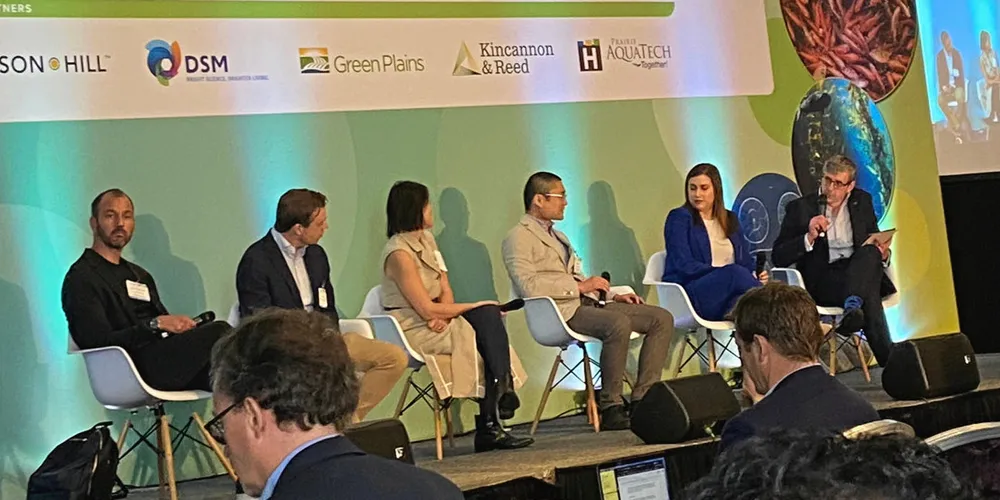What will it take to get more institutional investors interested in aquaculture?
While there is an increasing number of early-stage funds looking at the sector, it is critical to get institutional investors on board.

While there is an increasing number of early-stage funds looking at the sector, it is critical to get institutional investors on board.
